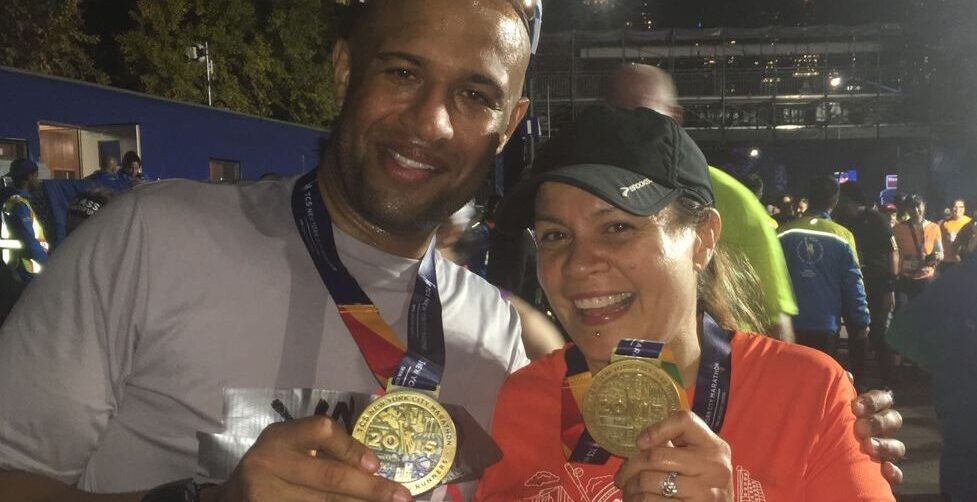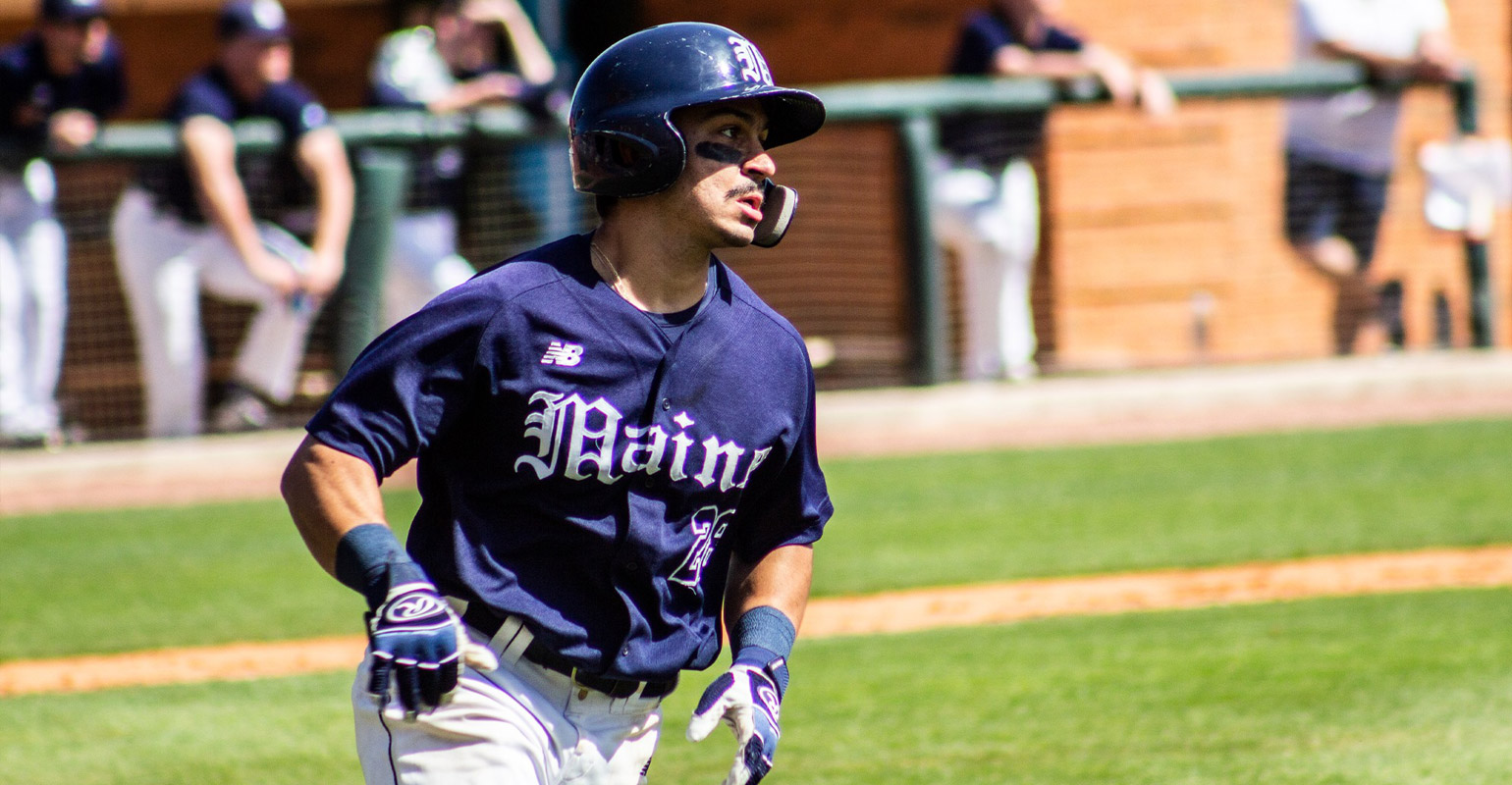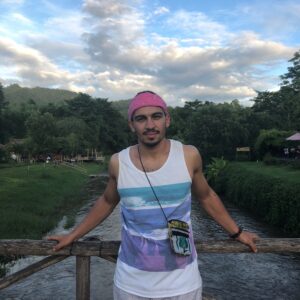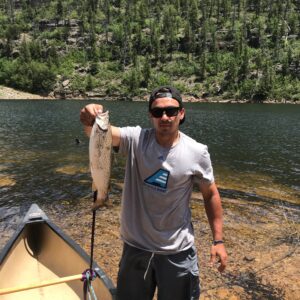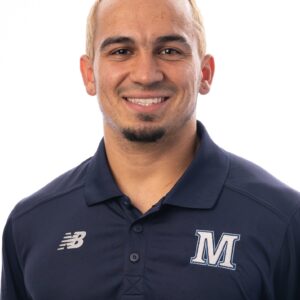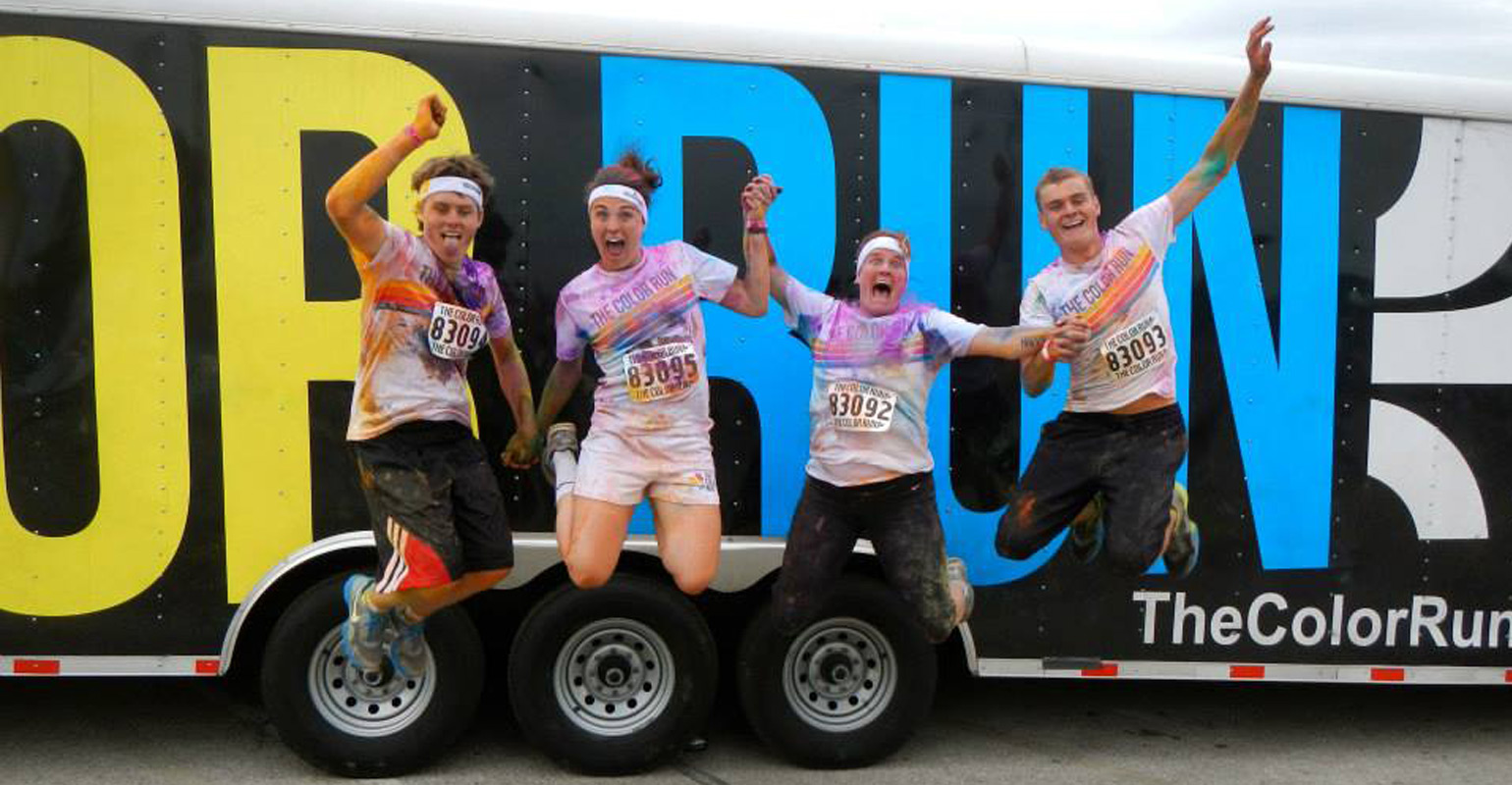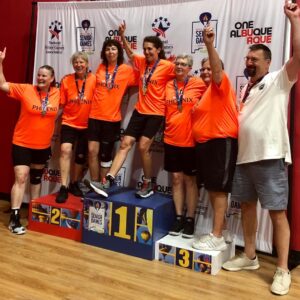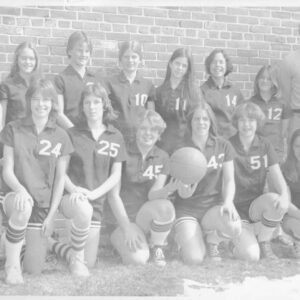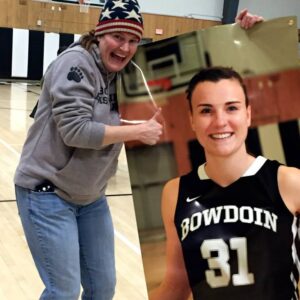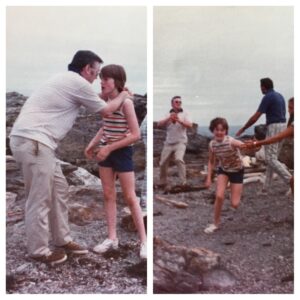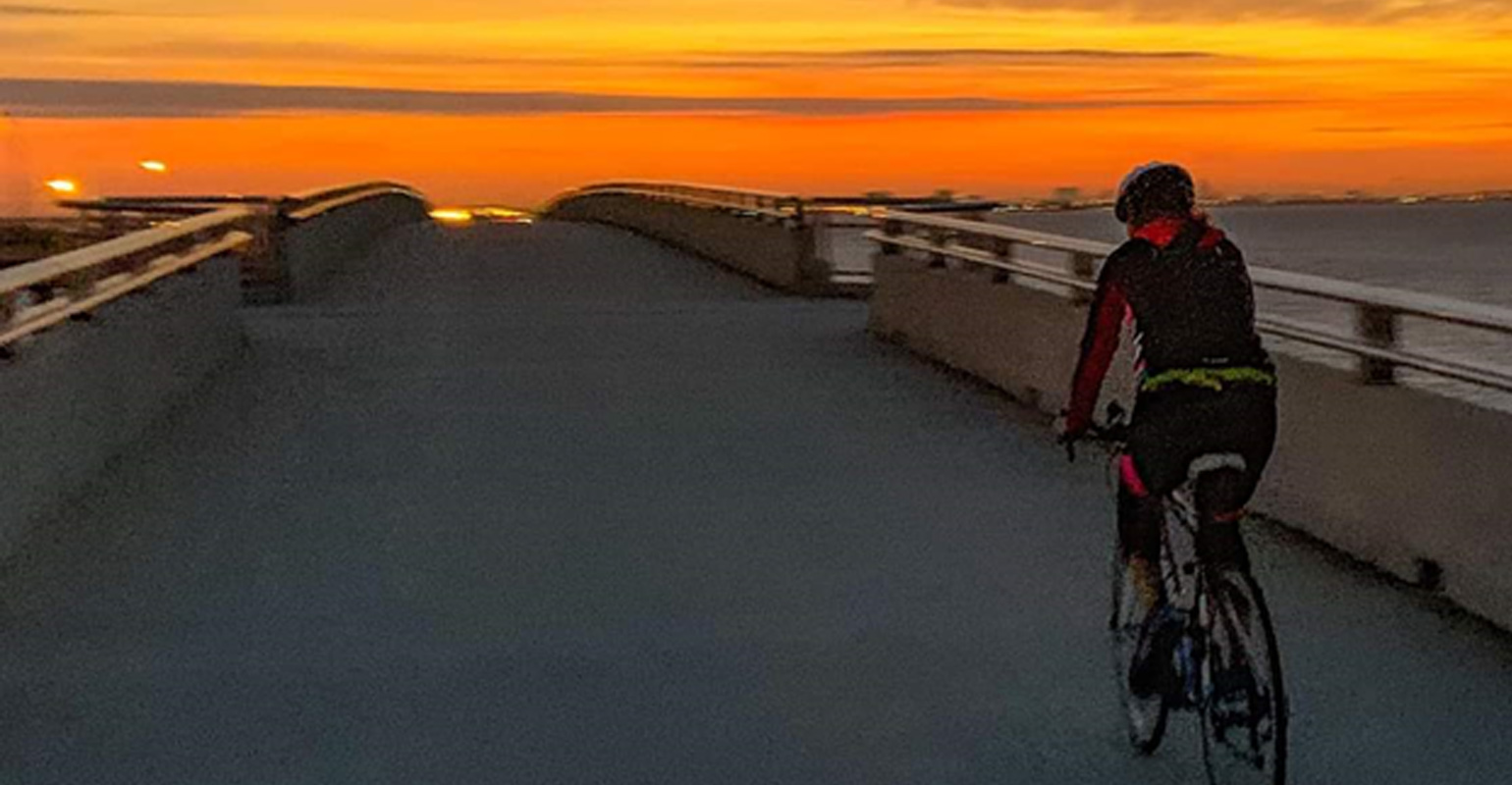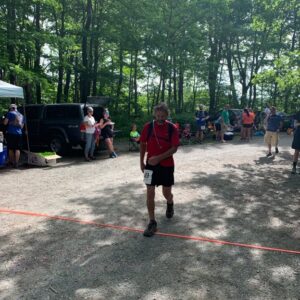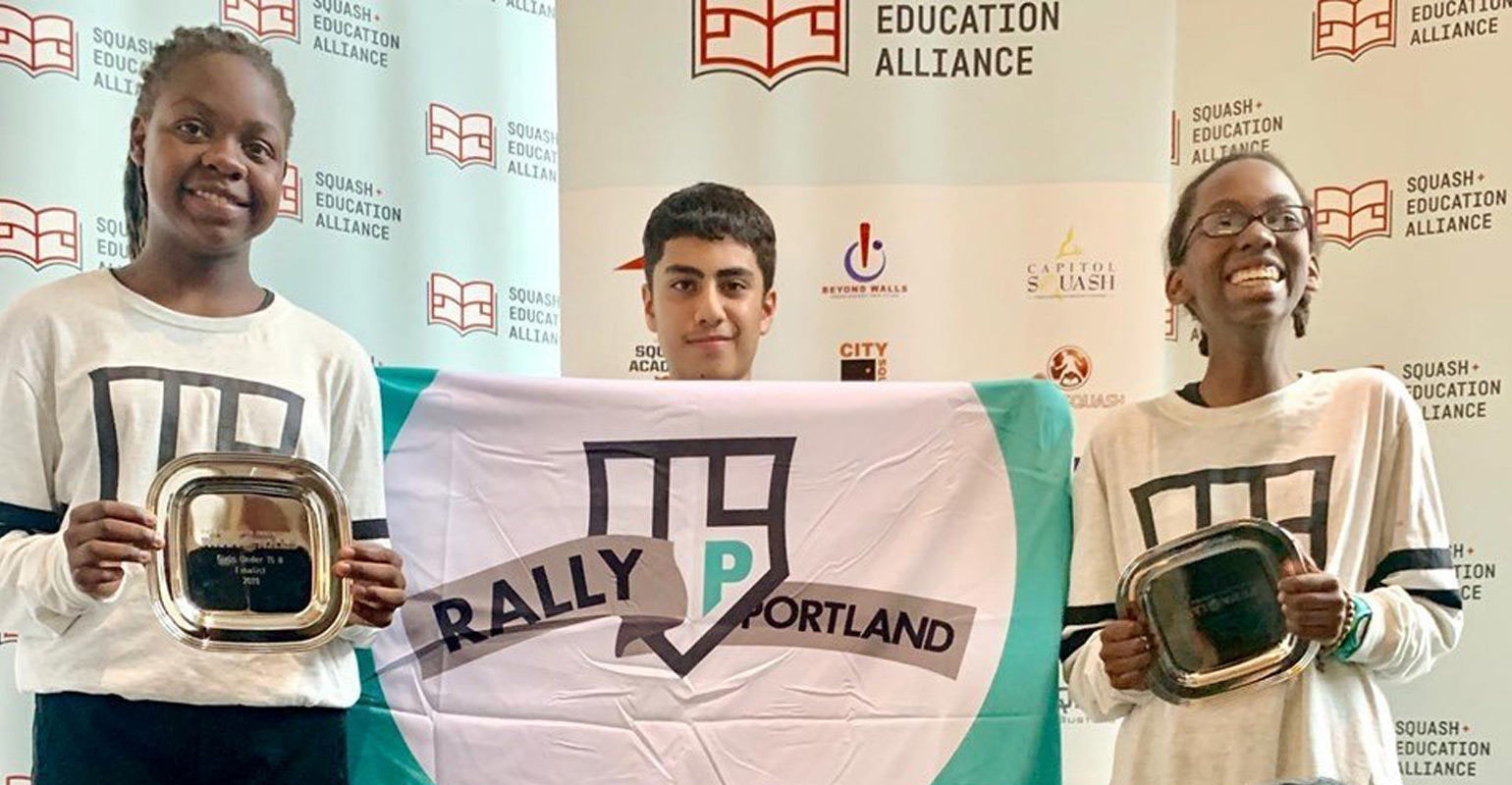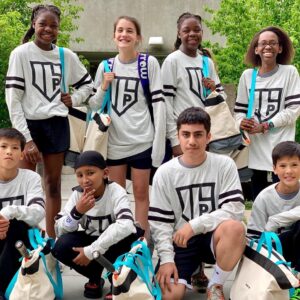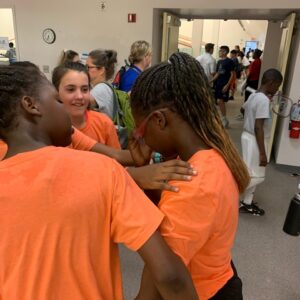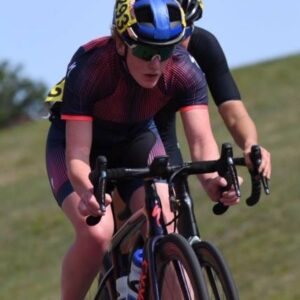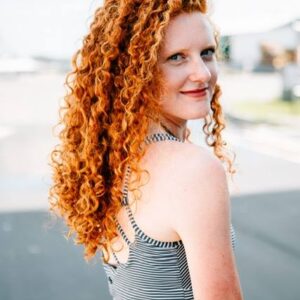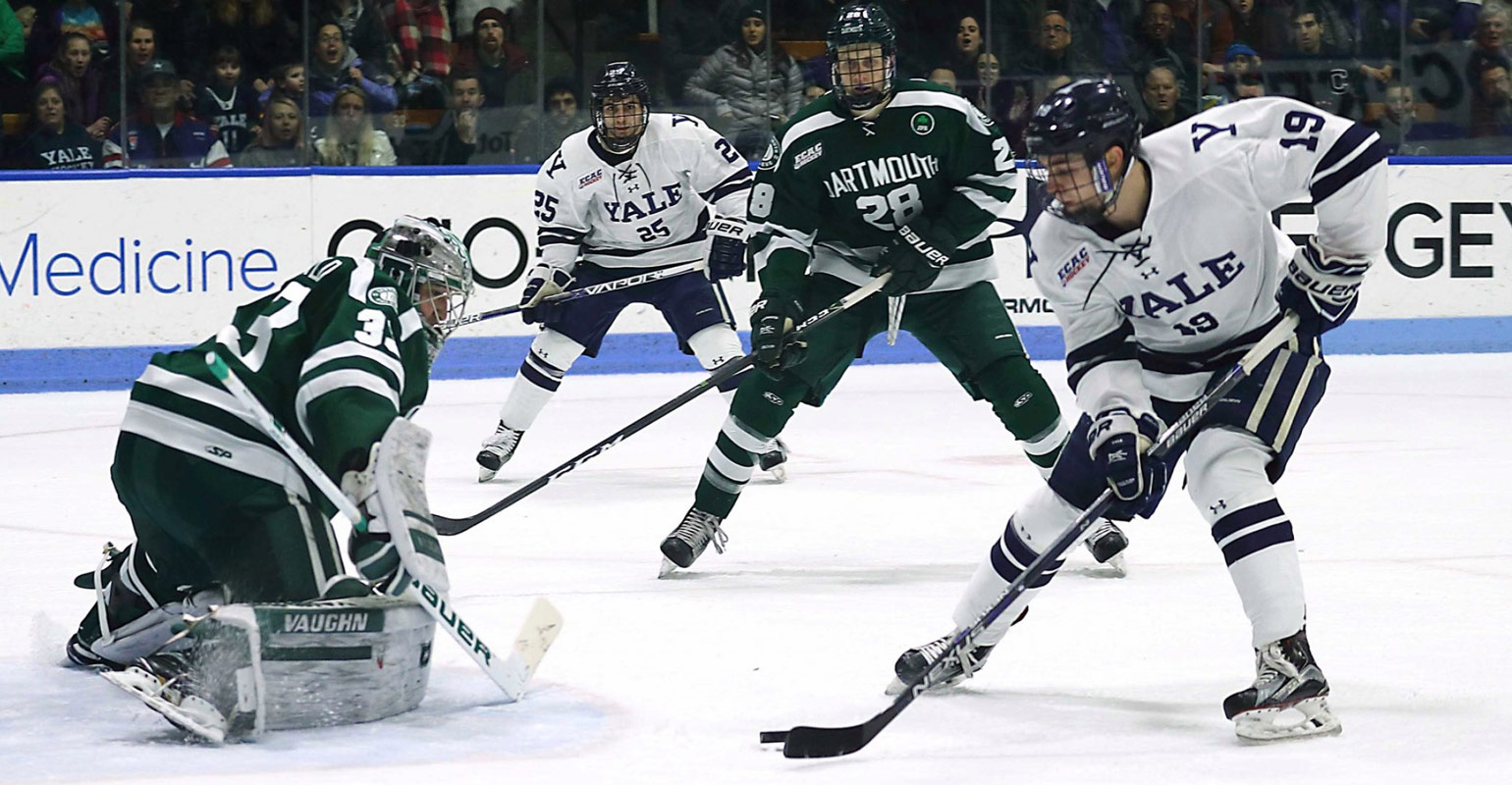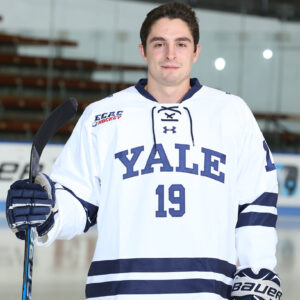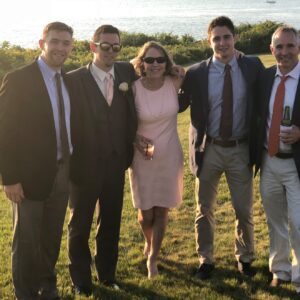When asked about the positive impact of sports on my life, I’m flooded with memories. In the 1960s, sports meant playing “Giants” as Dad chased me around the house, learning to swim in the same cove as Mom, and practicing foul shots in the driveway with brother Dave who convinced me I could make them with my eyes closed (until I peeked to see his assists). In the ‘70s, sports expanded to include practicing figure eights on the pond out back after our yearly trip to Boston’s Ice Capades, cart-wheeling across the living room floor to impress my grandparents, off-trail skiing with friends at Pleasant Mountain and Saddleback, doing whatever else was needed to keep up with my athletic cousin Margie, challenging the boys on the playground to chicken as I hung from the monkey bars, leaving summer at our camp on Snow Pond (never easy) to attend overnight athletic camps, and joining my first competitive school teams. In the ‘80s, sports became more focused, as I learned to put team first, trust our coaches, be a good sport, lead by example, and compete – with a field hockey state championship photographed by brother Donny, a college softball roster spot that took me all over the Northeast, and participation in a university men’s basketball league while I taught in China. Throughout my youth, sports gave me all kinds of opportunities to stretch and grow.
In the ‘90s, my child-bearing decade, sports became restorative, helping me shed (some) pregnancy pounds, let off steam, play in the yard with the kids, and connect with other Moms. In addition to raising New England fans in the Midwest, the 2000s brought a mad rush of youth sports – which I coached, managed, and supported, sharing lessons I’d learned along the way. Sports in the ‘10s brought more time on the sidelines cheering, on the court rebounding, in the backyard catching and, after I’d recuperated from Lyme Disease, in various settings sweating – from the Color Run, to Cross Fit, to Orange Theory Fitness. If the kids asked, I said “yes!” which explains the spring break spent getting diving-certified with our youngest, the older two at college. While early in my parenting life, sports encouraged me to take time for me, later in my parenting life, sports added depth (scuba pun intended) to the time I spent with my kids and their friends. Having recently relocated our almost empty nest from Wisconsin to Maine (after three decades away), sports are helping me replant roots where it all began – hiking with the dogs at Crescent Beach, swimming the Tri for a Cure in Casco Bay, and practicing basketball in various local gyms, including the one where I played in seventh grade.
As I’d neared fifty, but for the annual mother-daughter game of Bowdoin Women’s Basketball, I’d thought my competitive days on the court long gone. Then, while lunching with a high school coach and several teammates, our record setting center, Biz, described her gig coaching the over 70-year-old Pioneers and encouraged me to attend Deb Smith’s Not Too Late Basketball Camp. What started out as a bullet point on my bucket list became reality last summer when 54-year-old me left our camp on Snow Pond (de ja vu!) and headed south to UNE, excited to spend three off-duty nights in a dorm pretending to be a kid again. I quickly found myself wowed by the skill, intensity, and welcome of the athletes I met, ages 16 to 76. By week’s end, even with the classic sprained ankle, I was recruited to join Maine Senior Women’s Basketball Program with Team Phoenix – a gift in more ways than I can do justice here.
From the get-go, sports have provided me a way to become healthier and stronger, to connect with people and places around me, and to enjoy much-needed respite and old-fashioned fun. These days, as I care for my 87-year-old Mom, her Alzheimer’s Disease making it increasingly difficult for me to step away, having a basketball community that encourages me to show up and think about something else is transforming. I’m deeply grateful for the way our recent trip to Albuquerque’s National Senior Games – where we won gold! – inspires me to keep working on my game by providing living proof that there are many more sports decades ahead, as long as I let age be the motivation, not the limit!
